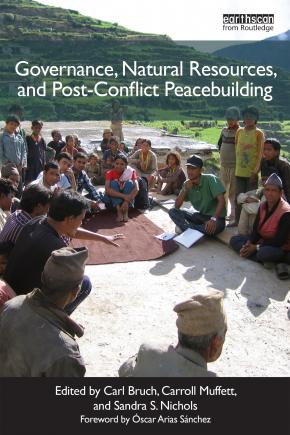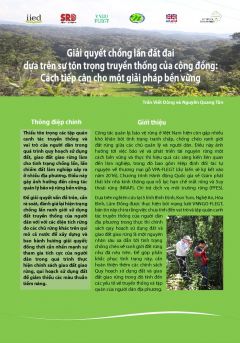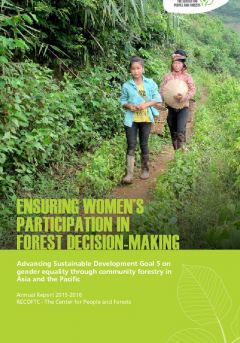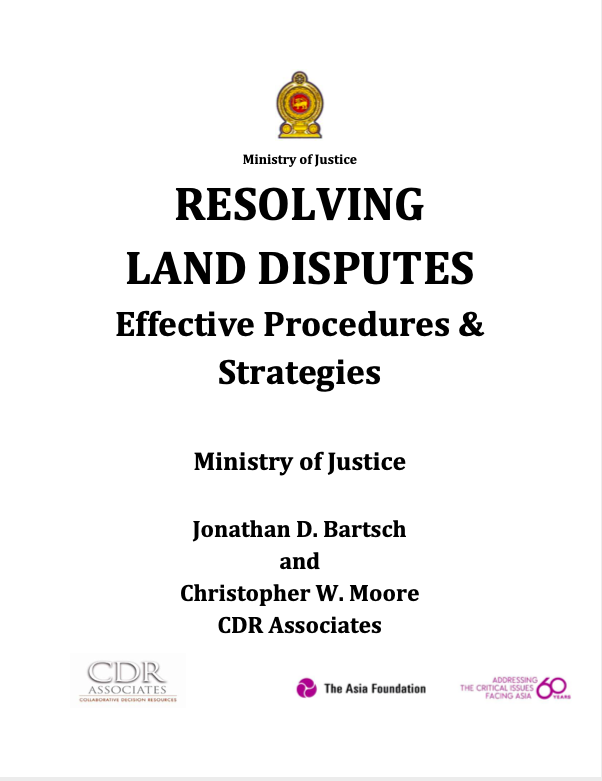Local experiences of liberal peace: Marketization and emergent conflict dynamics in Sierra Leone
Over the past 20 years scholars have repeatedly highlighted the complex relationship between conflict, peace and economics. It is today accepted that economic factors at the global, regional, national and local levels can promote conflict in various ways and that economic factors are therefore central in establishing a sustainable post-conflict peace. However, while the scholarly literature includes much nuance regarding the precise nature of these complex relationships, practices of peacebuilding are often far less nuanced.








